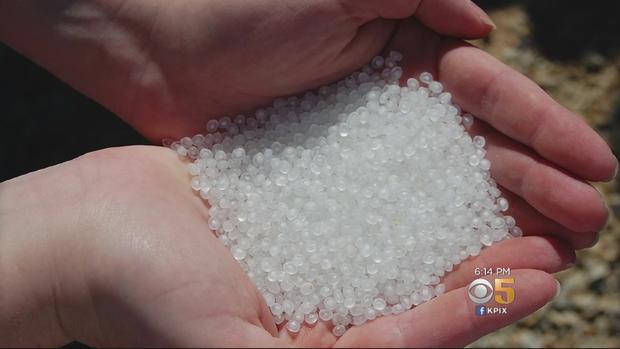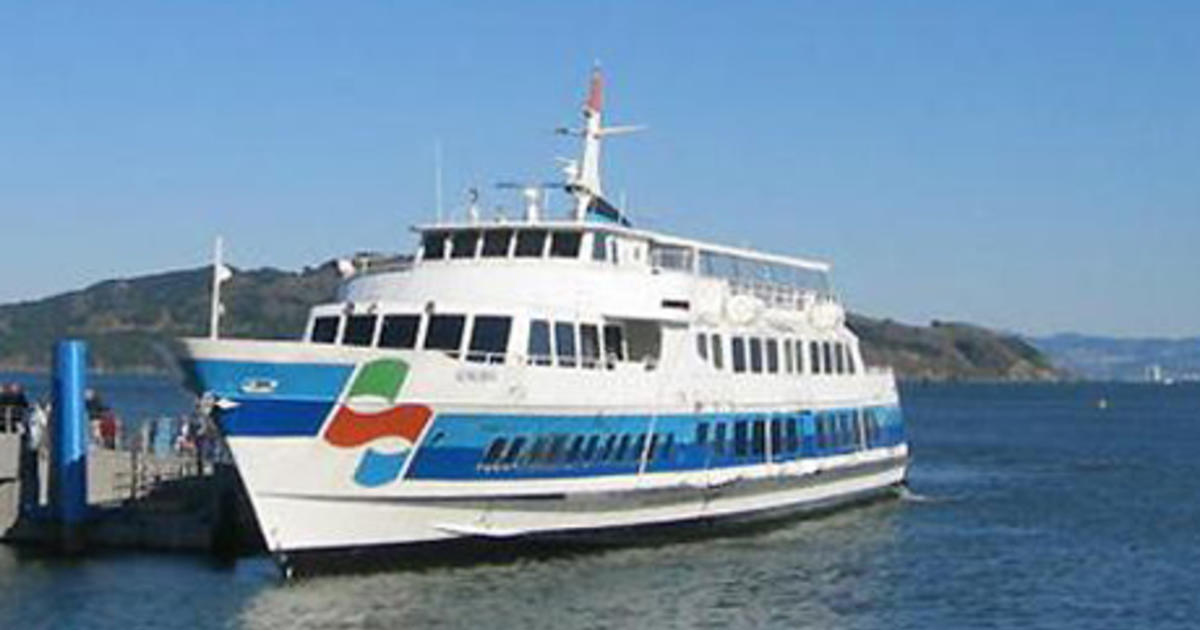Researchers Find Large Amount Of Tiny, Harmful Plastic Pellets On Ocean Beach
SAN FRANCISCO (KPIX 5) -- A global research project to track one kind of beach debris is raising an alarming concern that there may be a lot more plastic in the ocean than we ever imagined.
At its monthly cleanup Sunday morning, volunteers fanned out over SF's Ocean Beach, looking for plastic trash that can harm marine wildlife. But on this day, the focus was on something that could not be seen.
They're called "nurdles"--tiny plastic pellets about the size of lentils, which are melted down to create the products we all use by various industries.
"This is the raw form of plastic that's used in manufacturing, and these are often transported by the ships that come in," said Shell Cleave. She's the founder of SeaHugger.org, an environmental group based in Half Moon Bay.
Cleave says somehow the nurdles are getting loose to spread across the world's oceans, creating an unseen toxic danger to fish and seabirds, even on beaches that look clean.
So, on Sunday, researchers in 36 countries were conducting a nurdle hunt, documenting how many were found on beaches around the world. SeaHugger brought a rotating sand strainer called a trammel to gauge the size of the problem in San Francisco.
And it was alarming. It took just one shovelful of sand to find a nurdle. Multiply that by the number of shovelfuls that make up Ocean Beach, and the results are mind-boggling.
"It definitely is a little scary because I just don't know how we could ever…fix it, if that makes sense. I don't know how we could ever take away so many of these little plastic things," said volunteer and San Francisco State student Bailey Zuk.
The truth is, there is no fixing this—there's no way to collect something so tiny. That's why conservation groups like SeaHugger say the only answer is for the world to stop using so much plastic.
"We can't clean our way and we can't recycle our way out of this," Cleave said. "Using less plastic, that's the bottom line. We need to just say, 'Enough. I refuse.'"
Aside from educating the public, Sunday's global research project may help determine how much of the raw plastic is out there and where it may be coming from.
Researchers say they believe the nurdles are coming from ships and seaside manufacturing plants. But the tiny pellets are so light that wind and waves can spread them to any place in the world.




